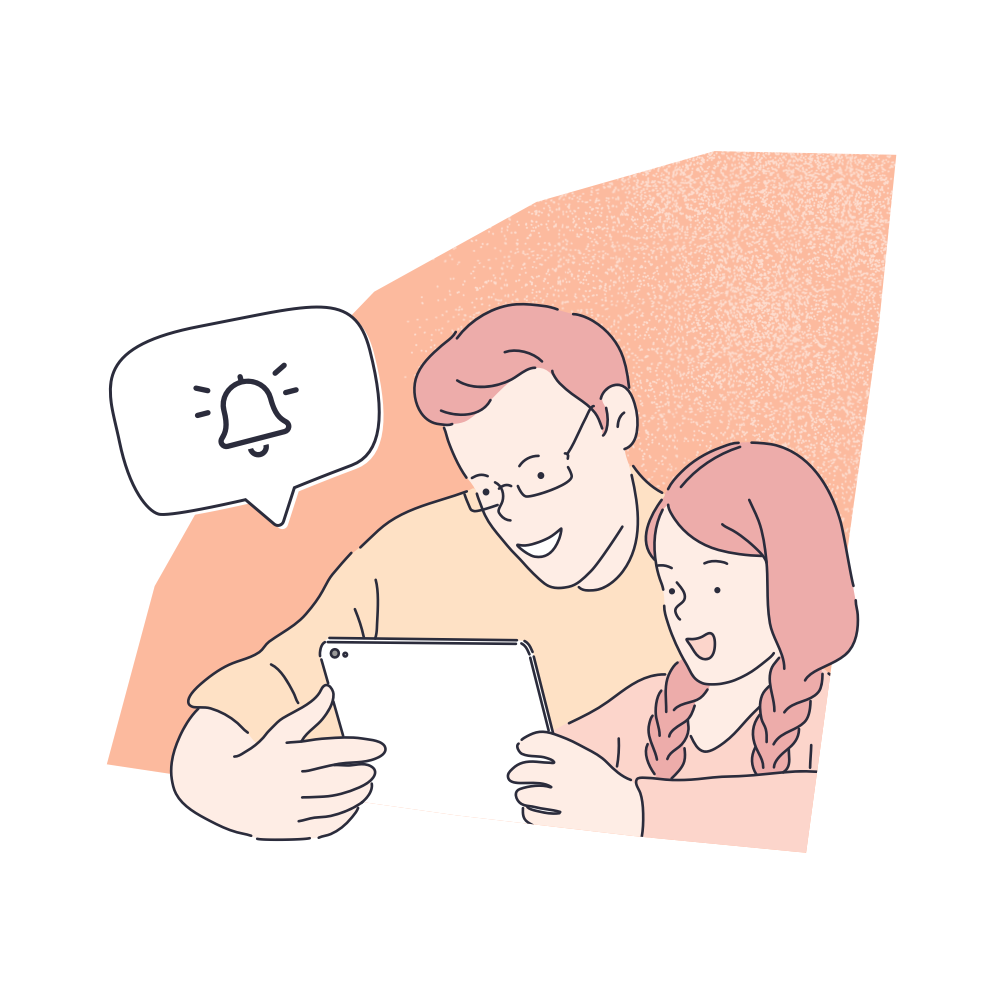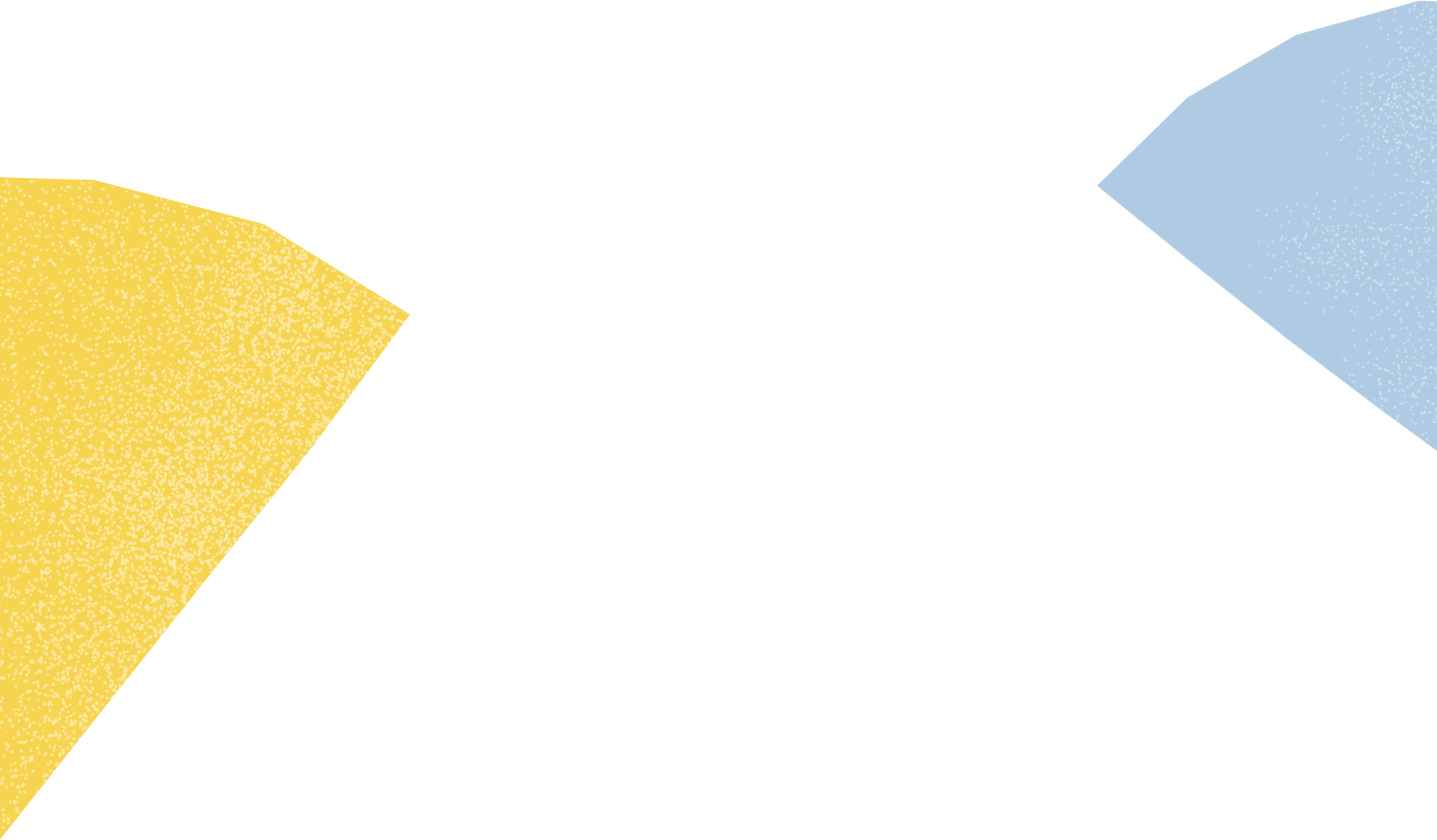
/ Curriculum /
Grade 12: University Pathways & Non-assessed courses
Grade 12 is the culmination of a student’s education experience. They will have the opportunity to develop and deepen their understanding across their elected subjects.
While often associated with stress and anxiety, we see Grade 12 as a time to celebrate a student’s education journey. Students should be excited for the diverse array of options available whether that be an affinity for a certain career path or further studies.

There are two pathways to consider when beginning Grade 12:
Option 1: University Pathway
What do students experience:
- Students will complete English, plus a selection of five other subjects that they elected in their Year 11 University Pathway course
- Students complete the work throughout the year at their own pace in our simple to use Learning Management System
- Students will be required to submit work samples that will be marked by Euka teachers
- Students will receive a university pathway certificate, senior school completion certificate and an academic transcript
Who should consider this course?
- Students who are currently completing the Grade 11 University Pathway course
- Students who are interested in entering University through our exclusive University Pathways program
- Please note: Students may enter the Grade 12 university pathway course without completing the Grade 11 university pathway course on a case by case basis only
Option 2: Non-Assessed Course
What do students experience:
- Students will complete English, plus a selection of five other subjects of their own choosing (or a continuation of subjects if they completed any Euka grade 11 course)
- Students complete the work throughout the year at their own pace in our simple to use Learning Management System
- Students do not need to complete any formal assessment
- Students will receive a Grade 12 completion certificate
Who should consider this course?
- They are not looking at entering University
- Instead of university they are interested in Diplomas at TAFE, Workskills, College programs or entering the workforce itself
- They want to move through grade 12 without the need for formal assessment

Once you have purchased the program, locate your Euka Senior Handbook and review the course guide sections. When you are ready to choose your subjects for the year, please login to your Student Portal – go to the Getting Started course for your grade, and submit the Subject Enrolment form with your selections.
Students will receive an email confirming their subject selections shortly after submitting the Subject Enrolment form, at which point they will receive access to their course lessons.
Once you have purchased the program, locate your Euka Senior Handbook and review the course guide sections. When you are ready to choose your subjects for the year, please login to your Student Portal – go to the Getting Started course for your grade, and submit the Subject Enrolment form with your selections. Students will […]

Shortly after selecting your subjects, you will receive an email confirming your selections, at which point they will be added to your Student Portal and you will be able to access your course lessons.
Shortly after selecting your subjects, you will receive an email confirming your selections, at which point they will be added to your Student Portal and you will be able to access your course lessons.

Of course! You can request a subject change at any time if you are in our non-assessed program. Please note that in our assessed University Preparation program subjects can only be swapped during Term 1.
A $75 new textbook fee is applied for each course change. To request a change, contact us here.
Of course! You can request a subject change at any time if you are in our non-assessed program. Please note that in our assessed University Preparation program subjects can only be swapped during Term 1. A $75 new textbook fee is applied for each course change. To request a change, contact us here.
Can’t find the answer to a question? Speak to someone on our team.
Students who have completed our assessed course in year 11 and 12 have exclusive pathways to some of Australia’s leading Universities



GRADE 11 & 12 Curriculum
The Grade 11 and 12 curriculum consists of English as a compulsory subject, plus a selection of 5 other subjects.
English
(Compulsory subject)
Students explore language forms, features and structures of texts in a range of personal, social, historical, cultural and workplace contexts. They respond to and compose texts to extend experience, access information and assess its reliability, and synthesise the knowledge gained from a range of sources to fulfil a variety of purposes.
Maths Standard
The Year 11 Mathematics Standard course is highly contextualised and provides opportunities for creative thinking, communication and problem-solving. Students learn to use a range of techniques and tools, including relevant technologies, in order to develop solutions to a wide variety of problems relating to their present and future needs and aspirations.
Maths Advanced
This course includes the whole of the 2 unit course, but a deeper treatment of common material is appropriate for Advanced students. It is intended for students who have demonstrated a mastery of the skills included in the Grade 10 Mathematics course and who are interested in the study of further skills and ideas in Mathematics. The course is intended to give these students a thorough understanding of, and competence in, aspects of Mathematics including many which are applicable to the real world.
Physics
The study of Physics in Grade 11 aims to enable students to develop an appreciation and understanding of the application of the principles of physics, and of the theories, laws, models, systems and structures of physics. It also enables students to apply Working Scientifically skills processes to examine physics models and practices and their applications.
Chemistry
The study of Chemistry in Stage 6 enables students to develop an appreciation and understanding of materials and their properties, structures, interactions and related applications. Through applying Working Scientifically skills processes, the course aims to examine how chemical theories, models and practices are used and developed.
Biology
The study of Biology in Stage 6 enables students to develop an appreciation and understanding of biological concepts that are used to explore the diversity of life, from a molecular to a biological systems level, and the interactions between living things and the environments in which they live. Through applying Working Scientifically skills processes and the use of biological technologies, the course aims to examine how biological practices are developed and used.
Design & Technology
Design and Technology has a unique focus on creativity, innovation and the successful implementation of innovative ideas. Students will investigate the importance of evaluation, the role of computer-based technologies, management, communication and collaborative design, as well as exploring current and emerging technologies. Through the completion of quality design projects, students are provided with the opportunity to develop specific production and manufacturing skills. This course will be offered if a sufficient number of students elect it within their subject selections.
Software Design and Development
This course provides students with the opportunity to develop skills in designing and developing software solutions, project management and communication. It does this by looking at the different ways in which software can be developed, the tools that can be used to assist in this process and by considering the interaction between software and other components of computer systems. Students apply a systematic approach to develop and document software solutions using a variety of data structures and language facilities.
Information Processes & Technology
Information systems and the role they play in society have increased in significance in recent years. The raw ingredients – information, information technology and participants – combine to form information processes within information systems.
The area of information systems has provided major jobs growth for both women and men in recent years. Moreover, fields which have not traditionally been associated with computers – but in which processing information is a vital function – are emerging as exciting new areas of employment. These include music, the arts, science and technology as well as new and fast-growing industries that use multimedia.
Business Studies
Contemporary business issues and case studies are embedded in the course to provide a stimulating and relevant framework for students to apply to problems encountered in the business environment. Business Studies fosters intellectual, social and moral development by assisting students to think critically about the role of business and its ethical responsibilities to society.
Visual Arts
This course provides students with the opportunity to develop their own artworks, culminating in a ‘Body of Work’ in the Year 12 course. Students engage in critical and historical study of the artworld to investigate artists, artworks, worlds and audiences from a range of cultural, political, historical and social perspectives and use these to inform their own artmaking practices.
Modern History
The Year 11 course provides students with opportunities to develop and apply their understanding of methods and issues involved in the investigation of modern history. Students have the opportunity to engage in the study of a range of people, ideas, movements, events and developments that have shaped the modern world.
Geography
The Preliminary course investigates biophysical and human geography and develops students’ knowledge and understanding about the spatial and ecological dimensions of geography. Enquiry methodologies are used to investigate the unique characteristics of our world through fieldwork, geographical skills and the study of contemporary geographical issues.
Personal Development Health & Physical Education
The Preliminary course examines a range of areas that underpin health and physical activity. This includes how people think about health and physical activity, the management of personal health and the basis for how the body moves. Students have the opportunity to select from a range of practical options in areas such as first aid, outdoor recreation, composing and performing, and fitness choices.
Sport Lifestyle & Recreation
Students learn about the importance of a healthy and active lifestyle and recognise the need to be responsible and informed decision-makers. This course enables students to further develop their understanding of and competence in a range of sport and recreational pursuits. They are encouraged to establish a lifelong commitment to being physically active and to achieving movement potential.
Community & Family Studies
Community and Family Studies is designed to develop in each student an understanding of the diverse nature and interdependence of families and communities within Australian society. The course enables students to plan and manage resources effectively in order to address contemporary issues facing families and communities.
Legal Studies
The course develops students’ knowledge and understanding of the nature and functions of law and law-making, the development of Australian and international legal systems, the Australian constitution and law reform. It examines an individual’s rights and responsibilities, how disputes are resolved and examines a contemporary issue concerning the individual and technology. Students have the opportunity to investigate issues that illustrate how the law operates in practice. This is achieved by investigating, analysing and synthesising legal information and investigating legal issues from a variety of perspectives.
Early Childhood
Our society is increasingly recognising that children’s experiences in the early childhood years form the foundation for future growth, development and learning. This course explores issues within an early childhood context and considers these in relation to the students themselves, their family and the community.
Economics
Economics provides understanding for students about many aspects of the economy and its operation that are frequently reported in the media. It investigates issues such as why unemployment or inflation rates change and how these changes affect individuals in society. Economics develops students’ knowledge and understanding of the operation of the global and Australian economy. It develops the analytical, problem-solving and communication skills of students. There is a strong emphasis on the problems and issues in a contemporary Australian economic context within the course.
Food Technology
The Food Technology course provides opportunities for students to explore and develop food-related interests and skills. Students organise, implement and manage production processes in a range of food environments, and understand systems that regulate food availability, safety and quality. Recipes and processing techniques are trialled and adapted to develop food products which are assessed for suitability and end use. Students examine influences on the supply of food, and issues associated with food safety, security and sustainability.
Getting started with homeschooling Future learning
Before you get started there are a few important things you need to know about registering with the Department of Education. No need to worry, we have you covered.








